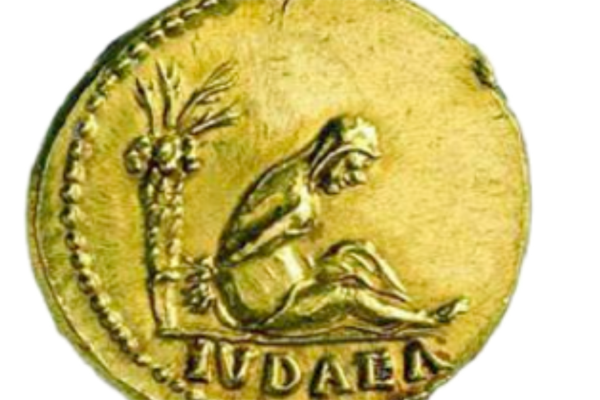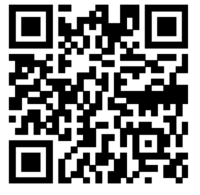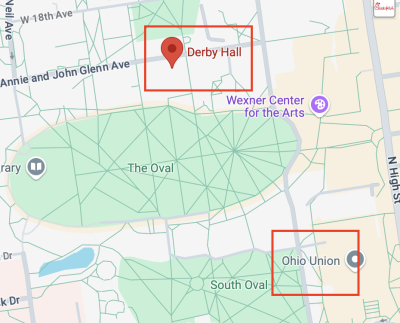
Dr. Mika Ahuvia, University of Washington

In the centuries around the turn of the Common Era, successive empires repeatedly enslaved thousands of Jews and displaced them elsewhere. Displaced Jews joined established Jewish communities dispersed over three continents and lacked uniform, central or stable governance structures for the first one thousand years of the Common Era. Jews who witnessed the expulsions of their co-religionists drew on historical precedents and biblical models to develop new conceptions of God’s ongoing faithfulness to the Jewish people (e.g. the Shekhina). A full account of Jewish experiences of exile and forced migration in the Roman era must acknowledge divergent responses found in a variety of textual sources (e.g. rabbinic literature, piyyut, Targum, Latin and Greek witnesses) as well archaeological sources (e.g. funerary inscriptions, synagogue art, incantation bowls) from ancient Syro-Palestine and beyond.
Hybrid event: In-person or webinar. To register for the webinar go to the QR code below or email Lori Fireman, fireman.2@osu.edu

Mika Ahuvia is the Herbert L. & Lucia S. Pruzan Chair in Jewish Studies and Director of the Stroum Center for Jewish Studies at University of Washington. She received her PhD in religion from Princeton University and has published on premodern Jewish social history, rabbinic literature, ancient ritual-magic, and late antique archaeology.
This program is free and open to the public.
Convenient paid parking at the Ohio Union Parking Garage.

Supported by the Diane Cummins Community Education Fund.
